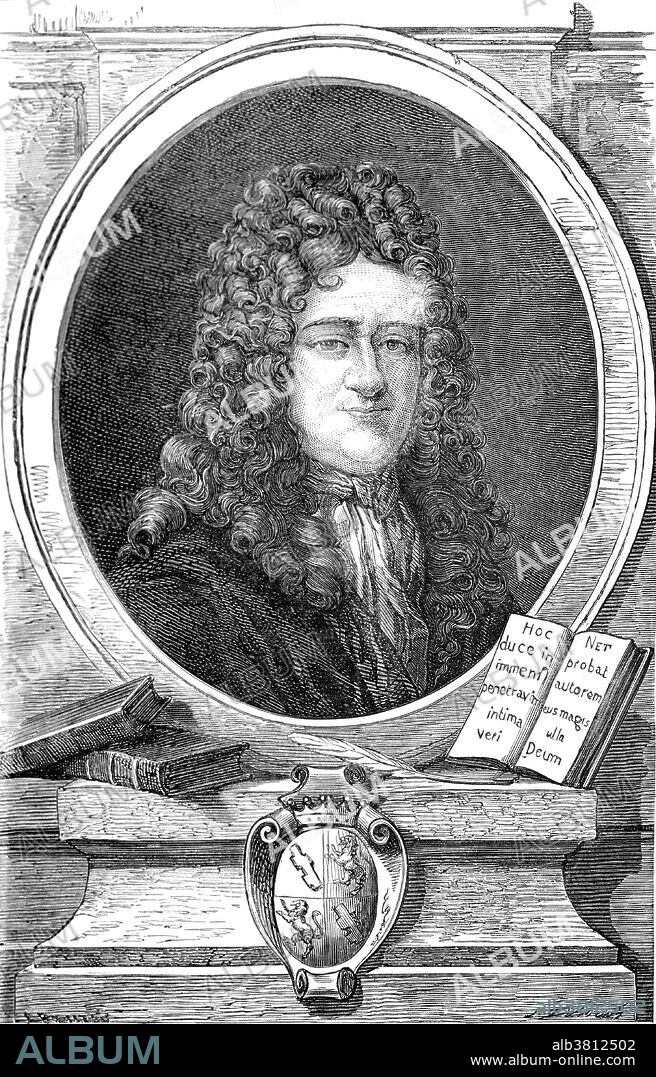alb3812502
Gottfried Wilhelm Leibniz, German Mathematician

|
Add to another lightbox |
|
Add to another lightbox |



Title:
Gottfried Wilhelm Leibniz, German Mathematician
Caption:
Gottfried Wilhelm Leibniz (von Leibniz) (July 1, 1646 - November 14, 1716) was a German mathematician and philosopher. Leibniz occupies a prominent place in the history of mathematics and the history of philosophy. His mathematical notation has been widely used ever since it was published. His Law of Continuity and Transcendental Law of Homogeneity only found mathematical implementation in the 20th century. He became one of the most prolific inventors in the field of mechanical calculators. He invented the Leibniz wheel, used in the arithmometer, the first mass-produced mechanical calculator. He also refined the binary number system, which is at the foundation of virtually all digital computers. In philosophy, Leibniz is mostly noted for his optimism and along with Rene Descartes and Baruch Spinoza, was one of the three great 17th century advocates of rationalism. The work of Leibniz anticipated modern logic and analytic philosophy, but his
Credit:
Album / Science Source
Releases:
Model: No - Property: No
Rights questions?
Rights questions?
Image size:
2977 x 4650 px | 39.6 MB
Print size:
25.2 x 39.4 cm | 9.9 x 15.5 in (300 dpi)
Keywords:
17TH CENTURY • 17TH • 18TH CENTURY • 18TH CENTURY, THE • 18TH • ARITHMOMETER • ART • ARTWORK • BINARY • CALCULATING MACHINE • CALCULATOR • CELEBRITY • CENTURY • DÈS • DRAWING • EUROPEA • EUROPEAN • FAMOUS • FIGUIER • FIGURE • FIRST • GERMAN • GERMANS • GOTTFRIED • HISTORIC • HISTORICAL • HISTORY • ILLUSTRATION • ILLUSTRES • IMPORTANT • INVENTOR (MALE) • INVENTOR • LEIBNIZ • LOUIS • MALE • MAN • MASS-PRODUCED • MATH • MATHEMATIC • MATHEMATICAL • MATHEMATICIAN • MATHEMATICS • MECHANICAL • MEN • NOTABLE • NOTATION • NUMBER • PEOPLE • PERSON • PERSONALITIES • PERSONALITY • PHILOSOPHER • PHILOSOPHY • PORTRAIT • POTRAIT • RATIONALISM • SAVANTS • SCHOLASTIC • SCIENCE • SYSTEM • TRADITIONAL • TRADITIONS • VIES • VON • WELL-KNOWN • WHEEL • WILHELM
 Pinterest
Pinterest Twitter
Twitter Facebook
Facebook Copy link
Copy link Email
Email

